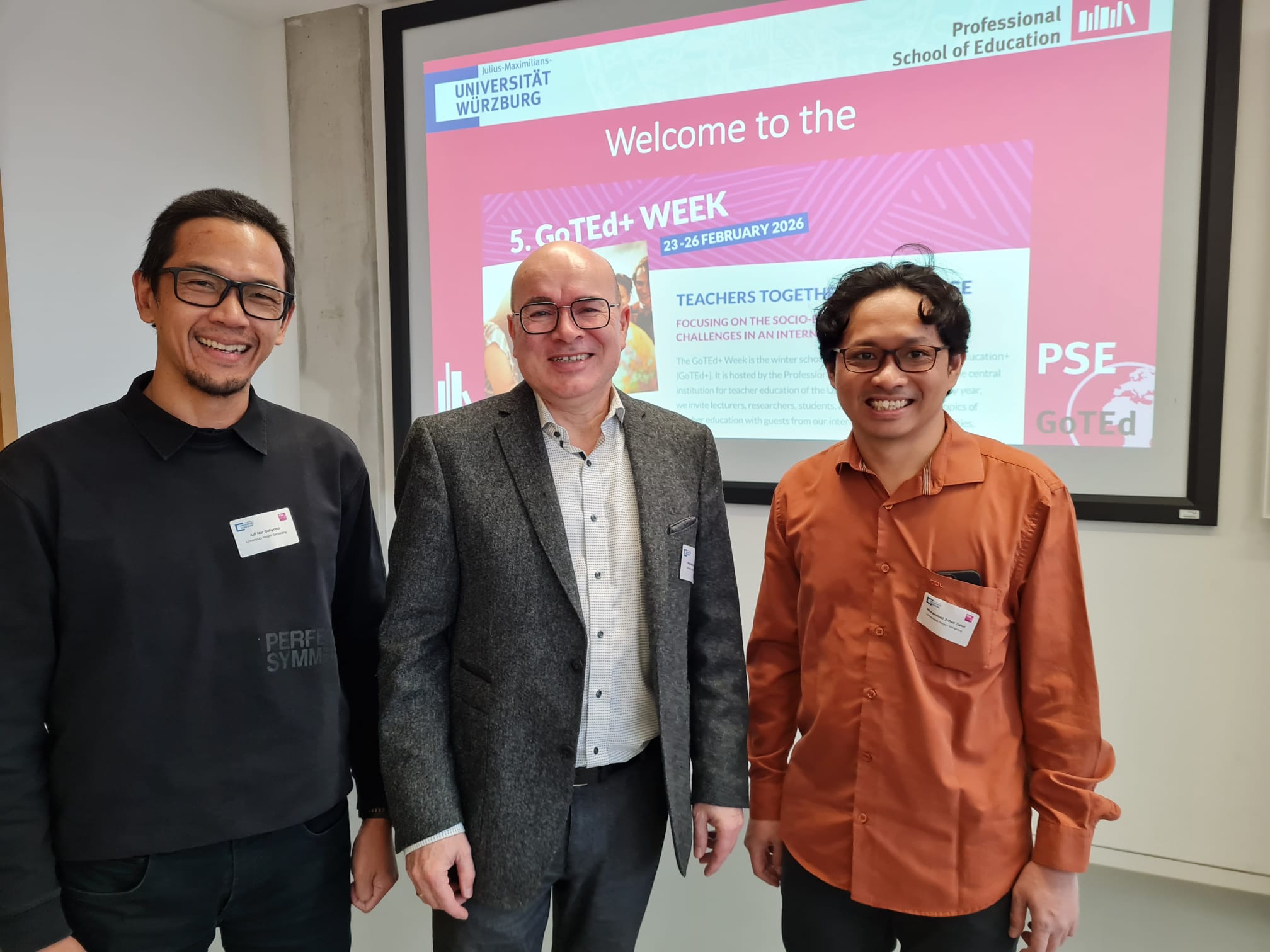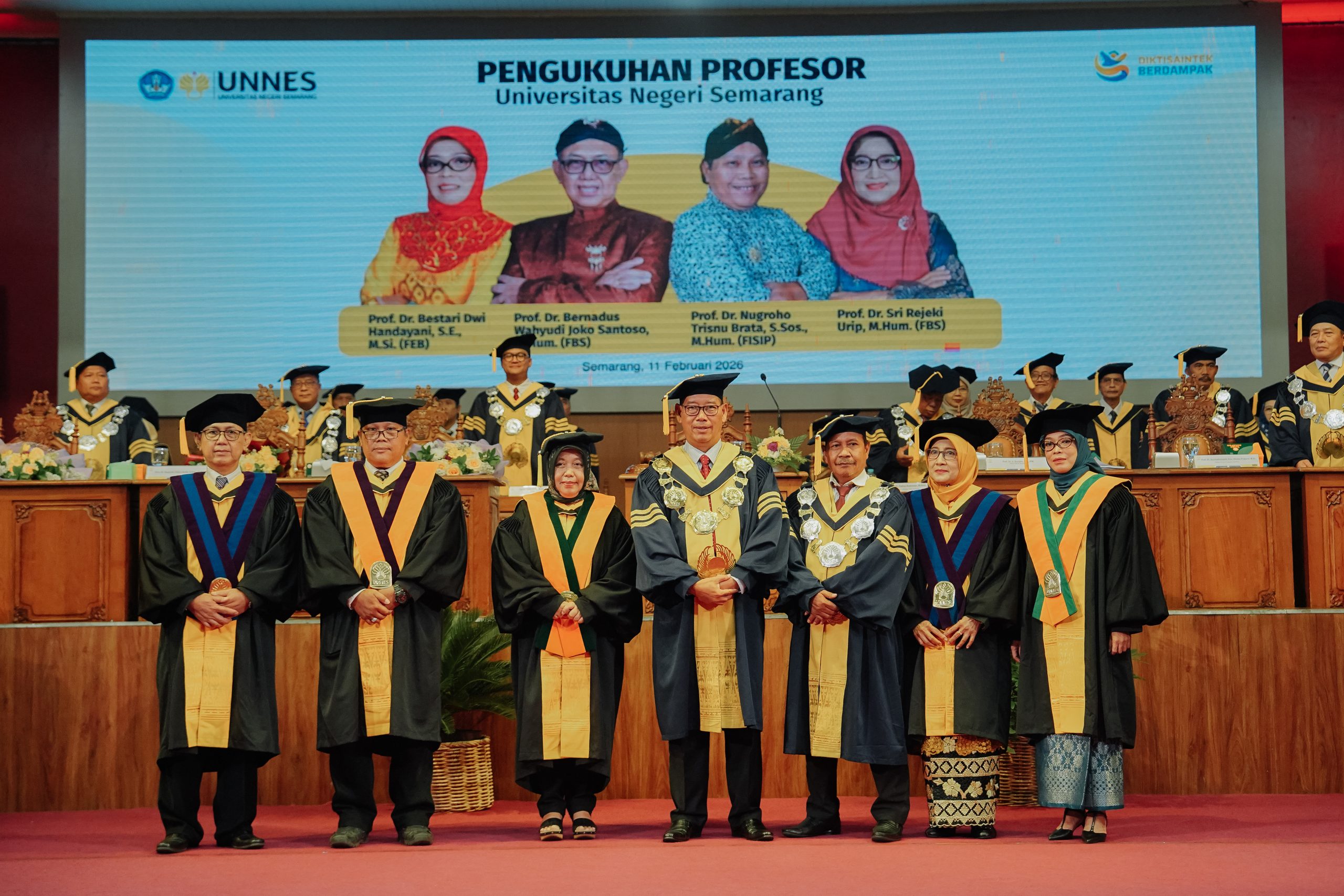
The coordinator of the development of drying tool for fisheries and marine products from the Ministry of Maritime Affairs and Fisheries, Arif Rahman Hakim, said that the biggest commodity of aquaculture in Indonesia is seaweed, especially the type of Eucheuma Cottonii.
Based on the performance report of the Ministry of Maritime Affairs and Fisheries in 2017 Indonesia’s seaweed production reached 10.81 million tons. Nearly 80% of the production is sold in dry form without further processing. The problem of seaweed drying in Indonesia is still conventional using solar energy, this makes the drying process not optimal as well as it is difficult to change the habits of seaweed fishermen to use appropriate technology.
In overcoming these problems, drying technology is needed that is capable of drying seaweed quickly and saving energy, one of which is by using microwave technology that pays attention to the themal specific humidity, the rate of drying, safety, energy consumption, and scale up of seaweed drying. For this reason, the Ministry of Maritime Affairs and Fisheries cooperates with Faculty of Engineering UNNES in designing microwave technology-based drying.
Samsudin Anis MT PhD, representing the Faculty of Engineering UNNES, expressed optimism for this initiation and cooperation in increasing the sale value of fisheries and marine products so as to improve the welfare of the community. This was conveyed in initiating cooperation with the Ministry of Maritime Affairs and Fisheries in Bantul, Yogyakarta, Monday, 2/18.
The Head of Research Institute for Fisheries Postharvest Mechanization, Luthfi Assadad MSc welcomed the cooperation activities and hoped that they could be sustainable.
The Dean of the Faculty of Engineering Dr Nur Qudus MT said that lecturers in the Faculty of Engineering must be able to provide useful contributions to the nation and the state, one of which is to make a new breakthrough in the field of technology. Dr Nur Qudus MT also supports the initiation of this collaboration as a form of part of the Tri Dharma of Higher Education (Three Pillars of Higher Education).
Mutiah Karim (Student Staff)
19
Feb



